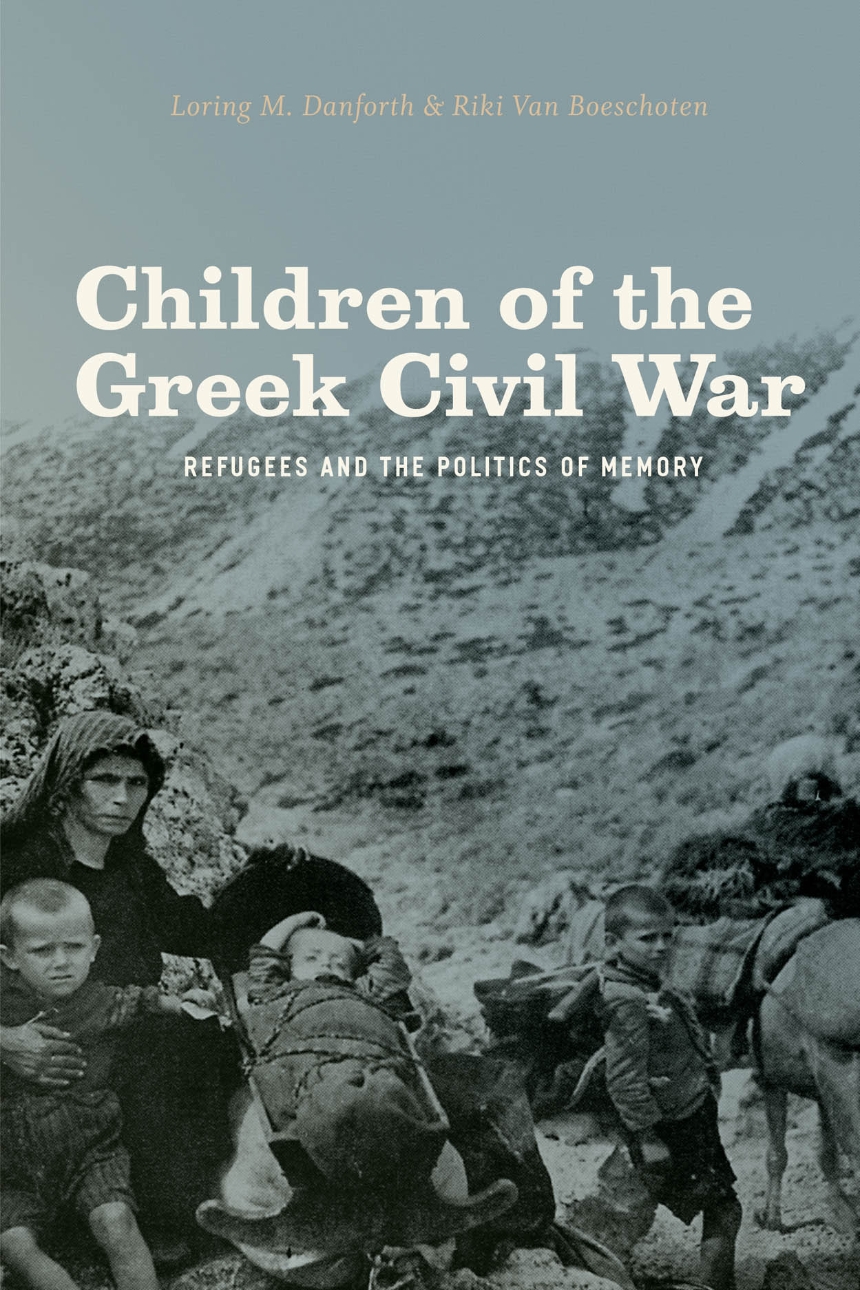Children of the Greek Civil War
Refugees and the Politics of Memory
9780226135991
9780226135984
9780226136004
Children of the Greek Civil War
Refugees and the Politics of Memory
At the height of the Greek Civil War in 1948, thirty-eight thousand children were evacuated from their homes in the mountains of northern Greece. The Greek Communist Party relocated half of them to orphanages in Eastern Europe, while their adversaries in the national government placed the rest in children’s homes elsewhere in Greece. A point of contention during the Cold War, this controversial episode continues to fuel tensions between Greeks and Macedonians and within Greek society itself. Loring M. Danforth and Riki Van Boeschoten present here for the first time a comprehensive study of the two evacuation programs and the lives of the children they forever transformed.
Marshalling archival records, oral histories, and ethnographic fieldwork, the authors analyze the evacuation process, the political conflict surrounding it, the children’s upbringing, and their fates as adults cut off from their parents and their homeland. They also give voice to seven refugee children who poignantly recount their childhood experiences and heroic efforts to construct new lives in diaspora communities throughout the world. A much-needed corrective to previous historical accounts, Children of the Greek Civil War is also a searching examination of the enduring effects of displacement on the lives of refugee children.
Marshalling archival records, oral histories, and ethnographic fieldwork, the authors analyze the evacuation process, the political conflict surrounding it, the children’s upbringing, and their fates as adults cut off from their parents and their homeland. They also give voice to seven refugee children who poignantly recount their childhood experiences and heroic efforts to construct new lives in diaspora communities throughout the world. A much-needed corrective to previous historical accounts, Children of the Greek Civil War is also a searching examination of the enduring effects of displacement on the lives of refugee children.
352 pages | 11 halftones, 4 maps | 6 x 9 | © 2011
Anthropology: Cultural and Social Anthropology
History: European History, Military History
Reviews
Table of Contents
List of Illustrations
Note on Transliteration
Acknowledgments
Note on Transliteration
Acknowledgments
Introduction
Part I: Histories
One Framing the Subject
Two The Evacuation of Children to Eastern Europe
Three The Paidopoleis of Queen Frederica
Part II: Stories
Four Refugee Children in Eastern Europe
Kostas Tsimoudis
Evropi Marinova
Stefanos Gikas
Maria Bundovska Rosova
Five Children of the Paidopoleis
Efterpi Tsiou
Traian Dimitriou
Kostas Dimou
Part III: Ethnographies
Six Refugees, Displacement, and the Impossible Return
Seven Communities of Memory, Narratives of Experience
Eight The Politics of Memory: Creating a Meaningful Past
Epilogue
References
Index
